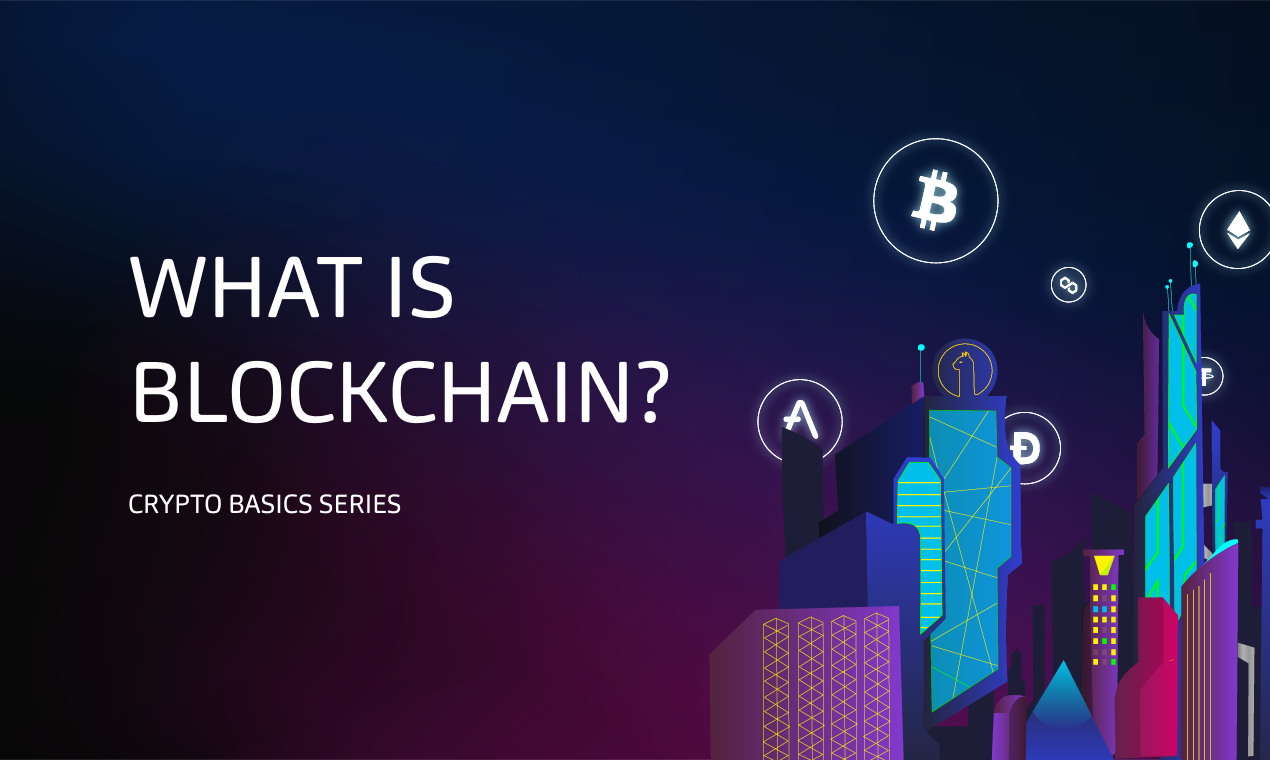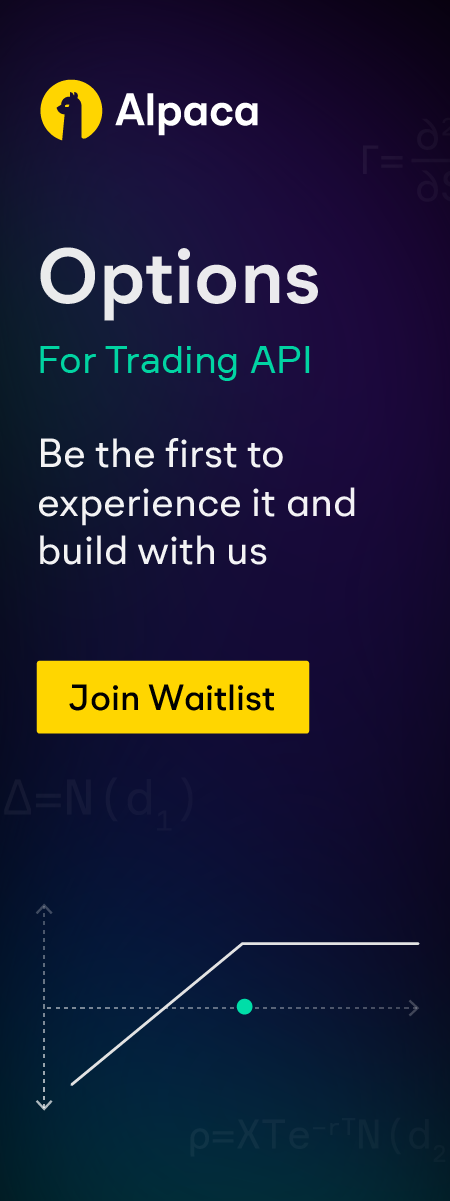What is Blockchain?


Blockchain is the technology that supports cryptocurrencies like Bitcoin and Ethereum. It consists of a distributed ledger¹ comprising nodes that verifies a transaction and records it.
How Blockchain Works
A blockchain stores and verifies data. The data is stored as blocks, and each block is interconnected to form a unique stream.¹ Hence, the technology is called a blockchain. The information in each block cannot be tampered with and has a specific timestamp. The most common information stored in these blocks is financial records for cryptocurrencies, which is why blockchain technology is often synonymously used with crypto. Blockchain can also be used to develop applications across different fields like gaming, finance, and logistics.
By design, blockchain is decentralized and offers enhanced security.² Anyone trying to make any changes needs to access all the nodes, as these nodes are interconnected and perform validation simultaneously. Unlike a regular payment system, data isn’t stored in a central location. Blockchain is accessible throughout the year and can be accessed using a mobile or a laptop. The transactions made are swift and cost-effective.³
One drawback of this technology is the redundancy in data that is stored. While this ensures the safety of the network, it also requires massive storage requirements.
Example
Ethereum is a cryptocurrency network that works on blockchain technology.4 One can establish smart contracts using Ethereum that get completed automatically once the terms are met. These contracts are framed directly between two parties and are unchangeable due to blockchain technology.
Sources
1. What is Blockchain Technology? IBM.
2. Top 10 benefits of blockchain technology for business. TechTarget.
3. Blockchain Definition: What you need to know. Investopedia
4. What is Ethereum? AWS.
Please note that this article is for informational purposes only. The example above is for illustrative purposes only. Actual crypto prices may vary depending on the market price at that particular time. Alpaca Crypto LLC does not recommend any specific cryptocurrencies.
Cryptocurrency is highly speculative in nature, involves a high degree of risks, such as volatile market price swings, market manipulation, flash crashes, and cybersecurity risks. Cryptocurrency is not regulated or is lightly regulated in most countries. Cryptocurrency trading can lead to large, immediate and permanent loss of financial value. You should have appropriate knowledge and experience before engaging in cryptocurrency trading. For additional information please click here.
Cryptocurrency services are made available by Alpaca Crypto LLC ("Alpaca Crypto"), a FinCEN registered money services business (NMLS # 2160858), and a wholly-owned subsidiary of AlpacaDB, Inc. Alpaca Crypto is not a member of SIPC or FINRA. Cryptocurrencies are not stocks and your cryptocurrency investments are not protected by either FDIC or SIPC. Please see the Disclosure Library for more information.
This is not an offer, solicitation of an offer, or advice to buy or sell cryptocurrencies, or open a cryptocurrency account in any jurisdiction where Alpaca Crypto is not registered or licensed, as applicable.








